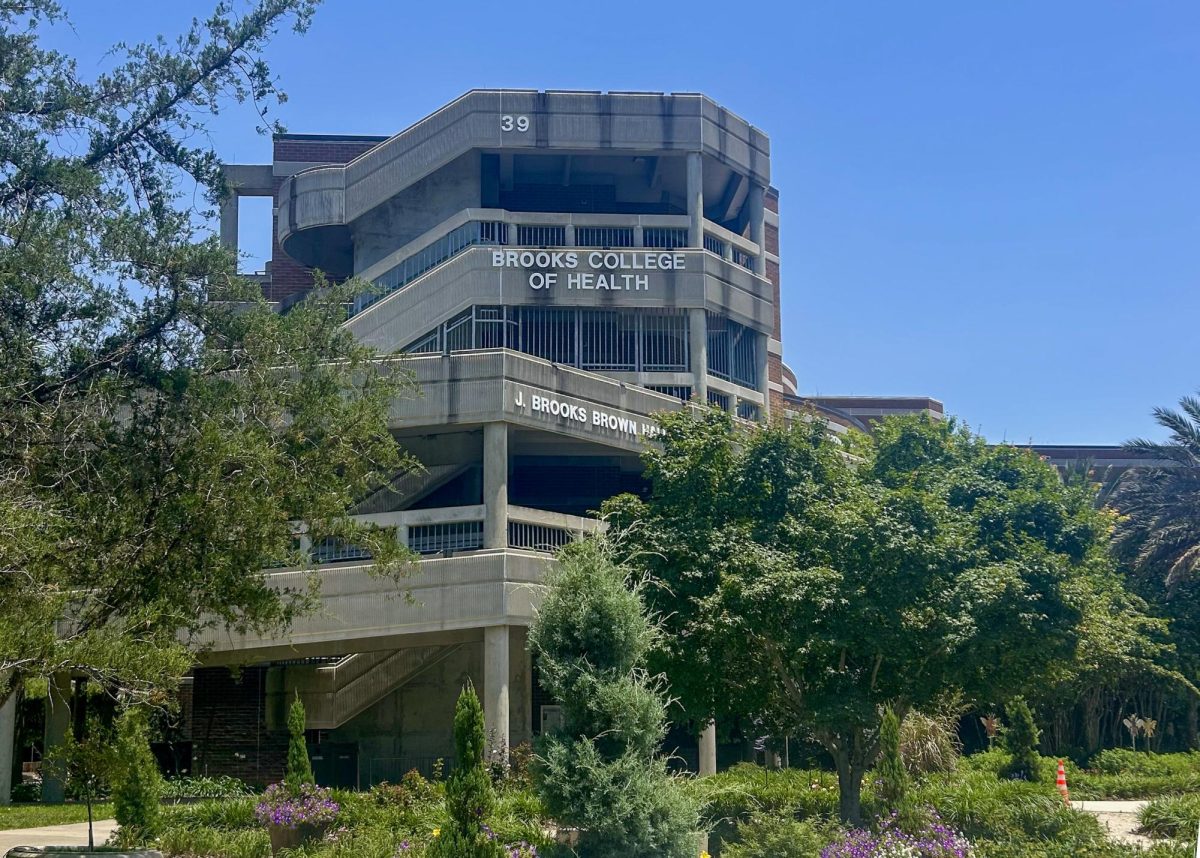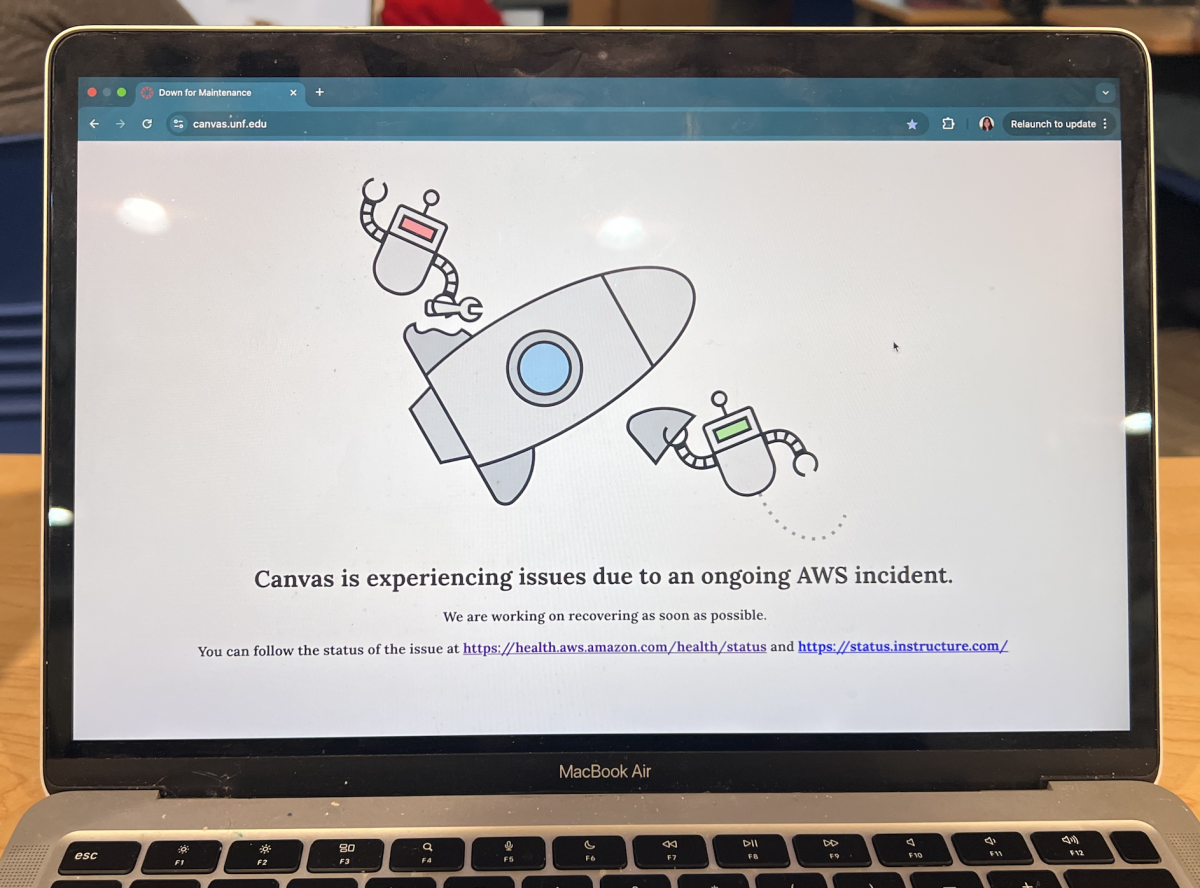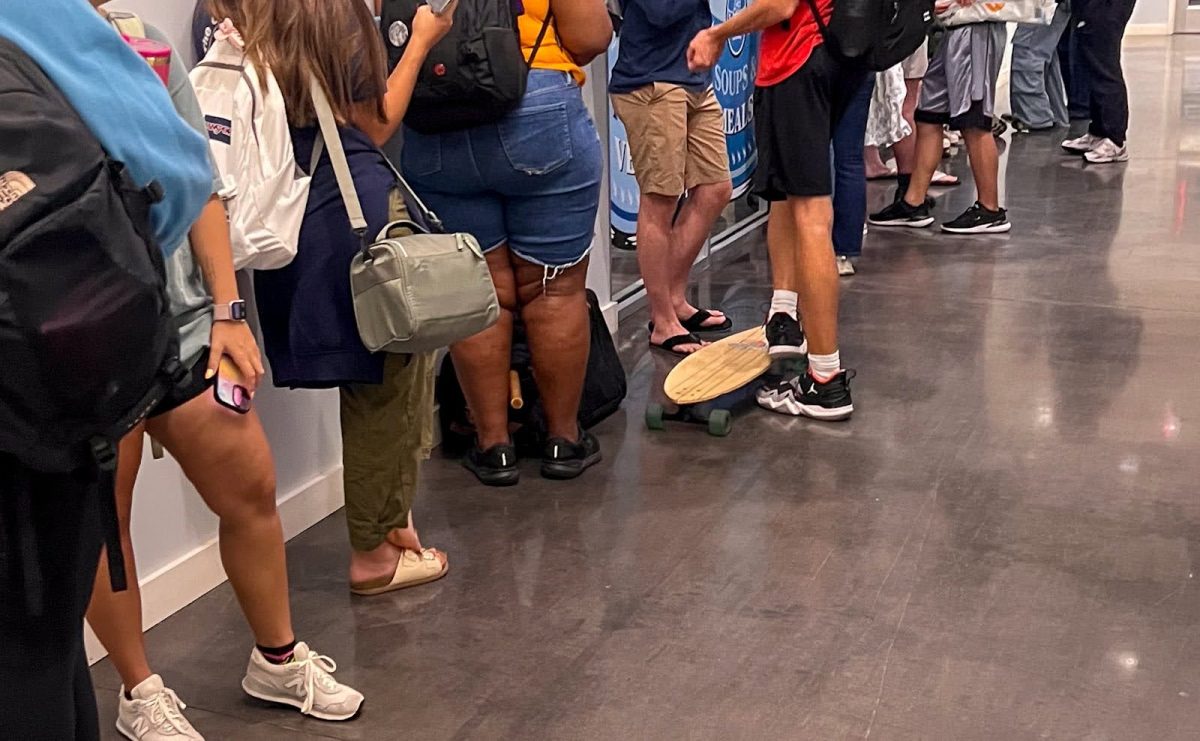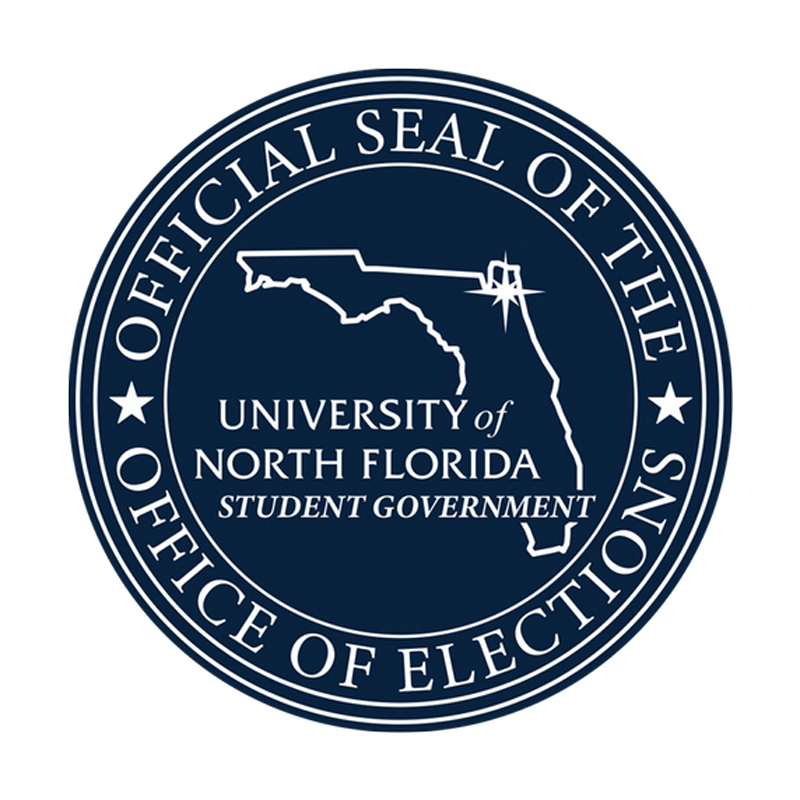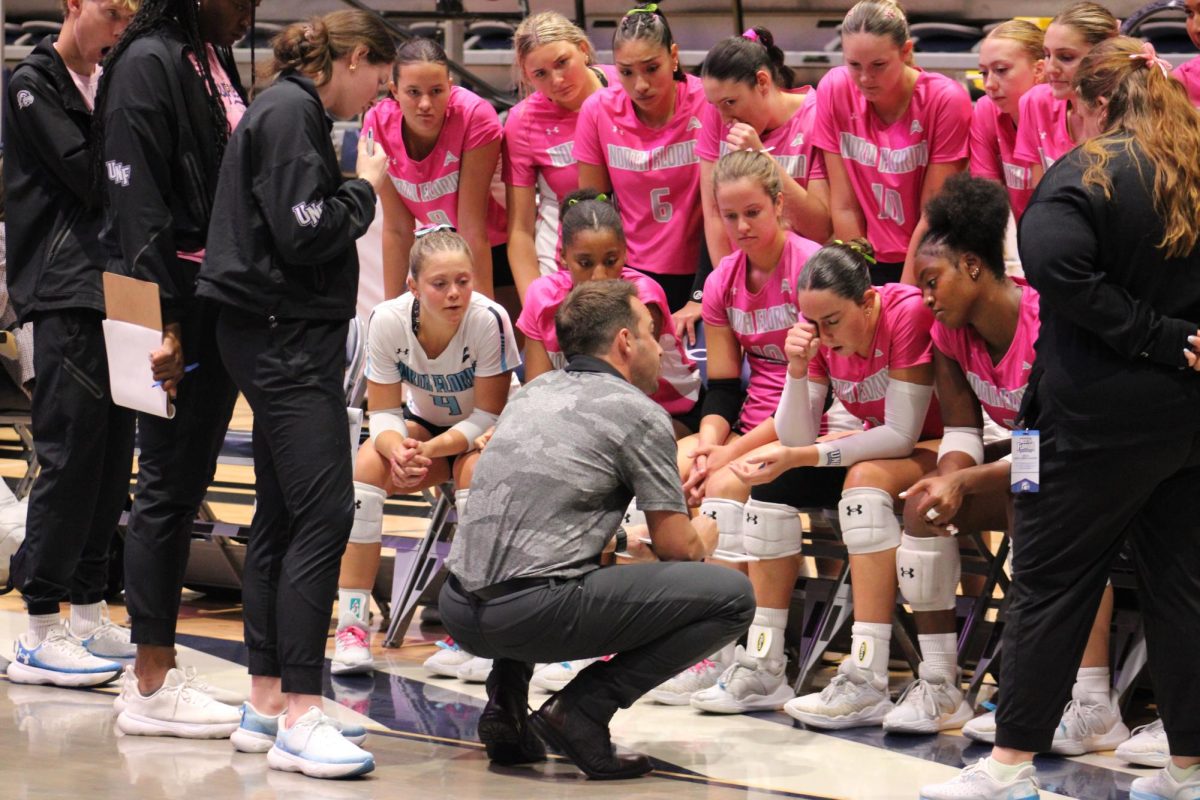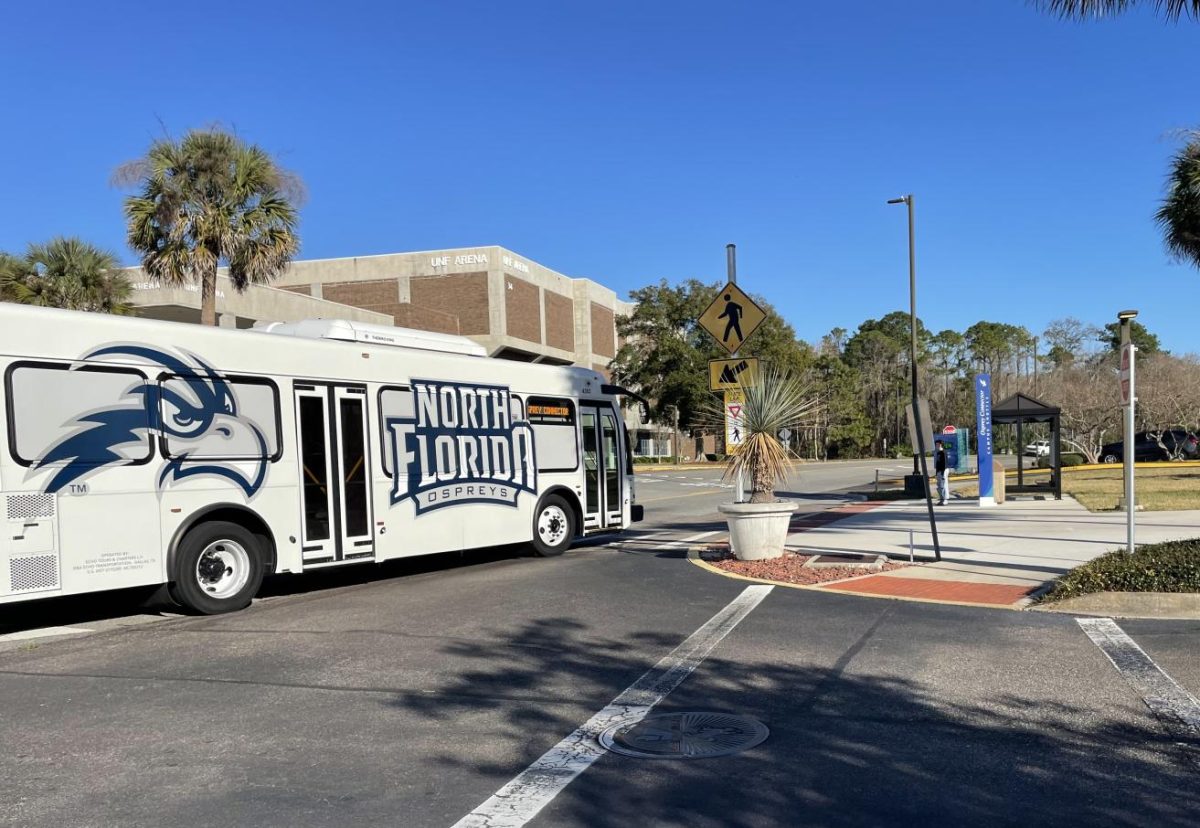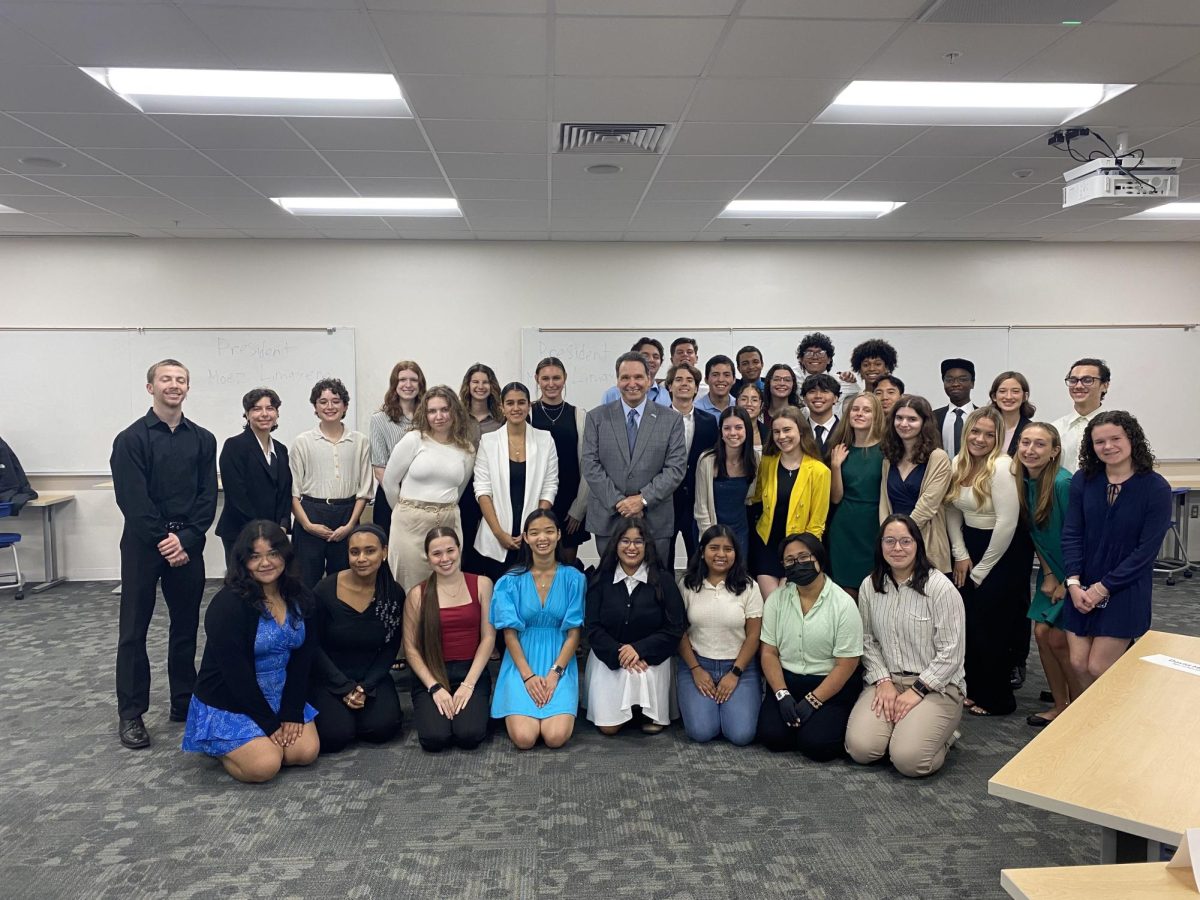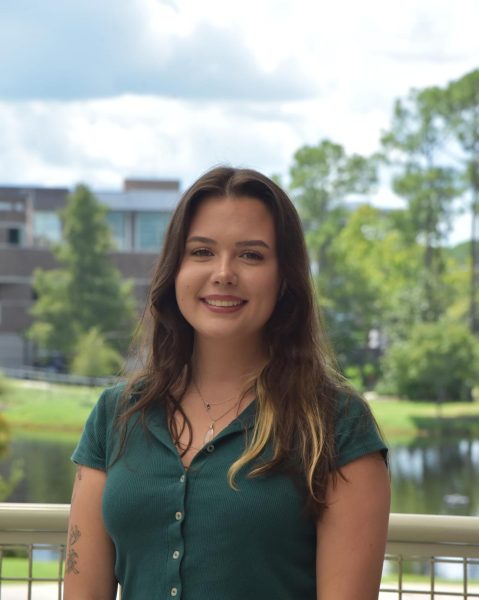Students and staff at the University of North Florida say the campus is more accessible than ever.
With a focus on academic accommodations, physical accessibility, and inclusive learning environments, the University of North Florida continues to expand its efforts to support students with disabilities. Leaders from Student Accessibility Services and Physical Facilities say ongoing initiatives aim to keep UNF not just compliant, but genuinely welcoming.
Rusty Dubberly, director of Student Accessibility Services, said UNF is known for being an accessible school.
The Student Accessibility Center primarily provides academic accommodations for matriculated students with disabilities. According to Dubberly, the mission of the office focuses on accessibility and inclusion, with a strong emphasis on retention—keeping [students] above a 2.0 GPA.
That mission has grown in recent years. The SAC collaborates with other departments, such as Student Success Advocacy. The SAC also manages several specialized programs, including THRIVE and Access Academy.
The THRIVE Program was created by staff within the SAC and the SCOEHS. This program assists students with autism spectrum disorders as they transition to and experience university life, according to their website.
Access Academy is a skill building program offered through the SAC, which offers students the opportunity to participate in “Boost” sessions in academic strategies for college success, organizational skills and goal setting, and strategies for career readiness, according to their website.
Jared Hogg, a quadriplegic student at UNF, said his experiences navigating UNF’s campus have been a “pleasant surprise.”
“Accessibility does not feel like a barrier at UNF, and I have little concern about it when I return in the fall,” said Hogg.
New Initiatives and Evolving Priorities
Dubberly outlined several ongoing efforts within the SAC: updating computers in testing rooms, revising math substitution policies, and expanding faculty training. These initiatives aim to create more inclusive classroom environments and help professors better manage accessibility needs.
One of the most recent developments is a seizure response plan, which is now published on the SAC website. The office plans to share it with all university faculty this fall.
“One of my jobs is to make sure faculty understands accommodations. I’ve seen less and less [confusion] over the years,” Dubberly said. “Faculty has a much better understanding of accommodations and disabilities now than they did a few years ago.”
However, he acknowledged that faculty training remains a key challenge.
“Our biggest challenge is training faculty,” said Dubberly. “It’s not mandated training and [we struggle] being able to get the time to talk to them. The Council of Chairs—the faculty’s direct supervisors— are a good level to talk to about this. The training issue is ongoing. We just need to make sure everyone is on board.”
How Students Request Accommodations
Students must provide documentation to the SAC to request accommodations. After submission, a registration coordinator reviews the documents and walks students through the process. Accommodations are then sent directly to professors.
While UNF does not fund the cost of documentation, SAC counselors guide students toward resources for discounted services and offer referrals for tutoring and mental health counseling, according to Dubberly.
“I’ve received all the support from the SAC that I’ve needed,” said Hogg. “Now, through clockwork, reapplying for my accommodations every semester and sending the memos out to professors takes less than five minutes.”
Physical Accessibility Across Campus
John Hale, associate vice president of administration and finance, said UNF’s physical accessibility is in a strong place and is consistently reviewed through both internal and external channels.
“The current state [of accessibility] is good,” Hale said. “We review any renovation and construction, between ADA compliance and a contact through UF that reviews construction plans—everything gets reviewed before permits are issued.”
Each fall, the university conducts safety walks to evaluate hazards, lighting, or door opener issues. “Things come up ad hoc, [and we] work through it with the ADA office or physical facilities,” said Hale.
One persistent exception is the Robinson Theater. “It was built in the ’70s—getting to the stage is the problem. That’s the only place on campus we haven’t been able to make completely accessible,” Hale said.
Aside from that, Hale said there are no ongoing issues. “I’m not aware of any [common barriers], we take care of things as they come up.”
As for renovations, Rocelia Roman de Gonzalez, director of the Office of ADA Compliance, receives an annual budget to handle any upgrades or repairs related to accessibility. Many earlier barriers were addressed 10 to 20 years ago following a comprehensive report, according to Hale.
“We’ve been deliberate in our efforts,” Hale said. “You can get anywhere on campus—can’t think of a place you can’t, besides the theater,” he said. Any remaining or future issues, he added, should be reported to the ADA office or physical facilities for resolution.
“I’m not sure if there’s anything I would change,” said Hogg. “I’ve not been everywhere on campus yet or for prolonged periods of time, but everywhere I’ve needed to be has been great.”
If students notice any accessibility issues on campus, they can contact the ADA office.
___
For more information or news tips, or if you see an error in this story or have any compliments or concerns, contact editor@unfspinnaker.com.




